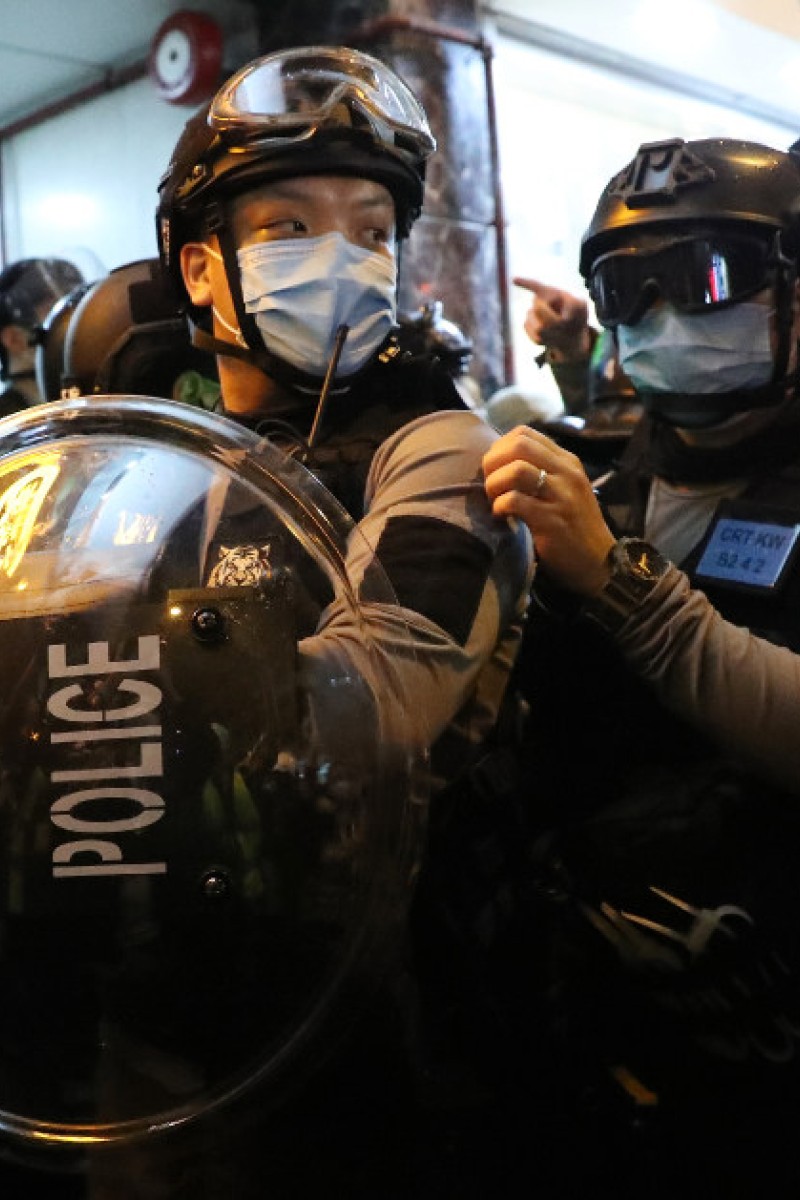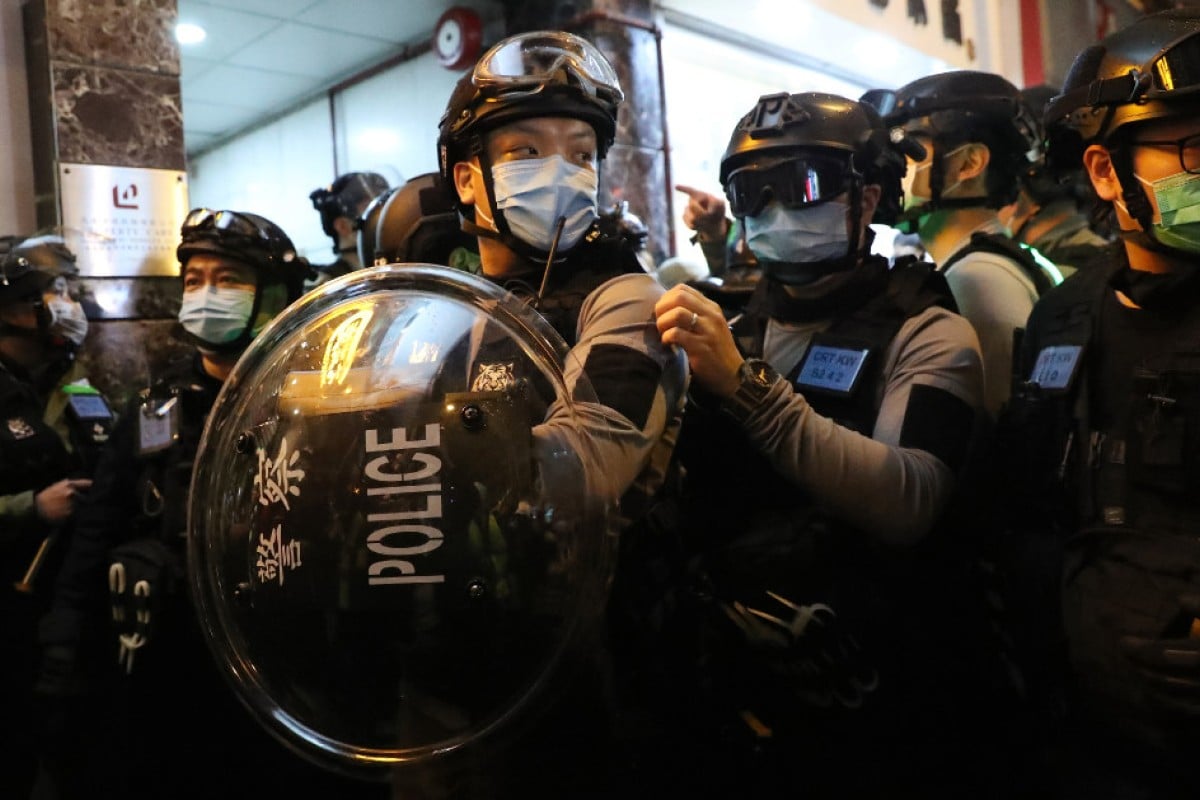
Hong Kong court rules that police don't always need a search warrant to inspect phones
Officers are only allowed to look for relevant information if the person is suspected of committing a crime or putting others in danger
 The Hong Kong police are allowed to look through an arrestee's phone, under certain conditions.
The Hong Kong police are allowed to look through an arrestee's phone, under certain conditions.Hong Kong's Court of Appeal ruled today that police are now permitted to inspect an arrestee’s phone without a search warrant, if the arrestee is suspected of committing a crime, to prevent imminent loss or destruction of evidence, or to ensure the immediate safety of the public, officers or the subjects concerned in the incident, according to local media sources Ming Pao and Stand News.
Officers with no search warrant are only allowed to look into information relevant to their investigation, and must record their motive and scope of examination. They must also provide a soft copy of the written record to arrestees involved, unless it hinders the police investigation.
The verdict also states that magistrates issuing search warrants have no power to demand arrestees provide their devices' passwords to the force.
Uptick in crime leads to more youth arrests
After the High Court ruled that police officers must obtain search warrants - except for emergency situations - before accessing information in arrestees’ smartphones and digital devices in 2017, the Court of Appeal issued their verdict today approving the Commissioner of Police’s appeal against the court’s decision.
The High Court’s ruling in 2017 came after former North District Council member Sham Wing-kan filed a complaint against the force for allegedly infringing on their personal data privacy at the July 1 march - organised by the Civil Human Rights Front (CHRF) - in 2014.
The prison inmate admitted to university
Sham and four CHRF members were arrested for obstruction of police officers and violating the Letter of No Objection during the July 1 annual protest. During the arrest, three of their mobile phones were seized by the force. Sham applied for a judicial review challenging the police’s power in seizing their mobile phones and searching its contents without applying for a search warrant.
The CHRF members involved in the case include Johnson Yeung Ching-yin, Daisy Chan Sin-ying, Kitty Hiu Han-hun and Chan Siu-ping.
